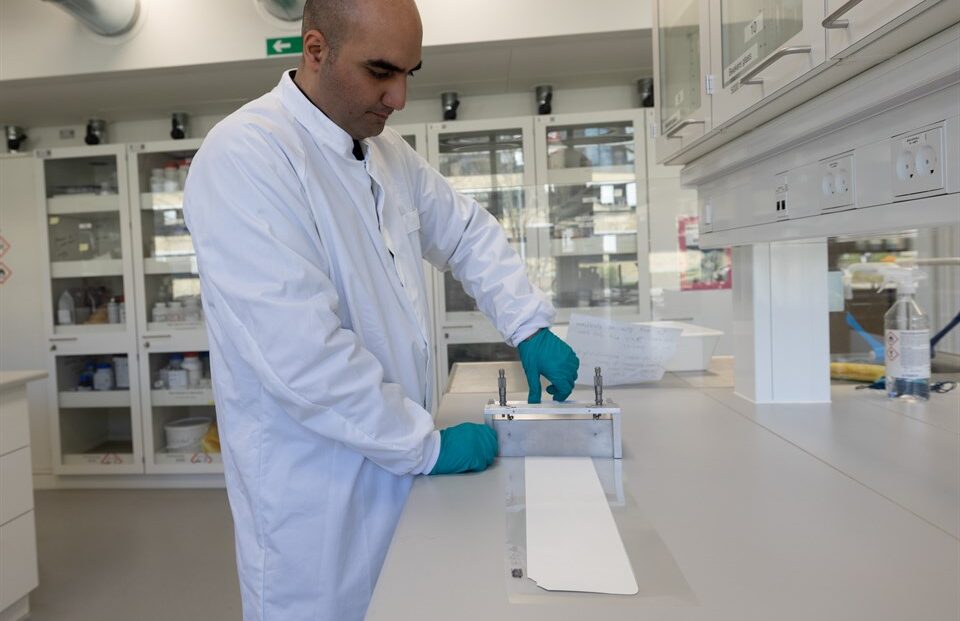Solid-state batteries made of rock

In autumn 2026, the sustainable Greencity district in Zurich South will be completed with the development on construction site B6. This innovative project, developed by Losinger Marazzi AG, comprises 179 age-appropriate flats and represents a significant step forward in urban housing design.
Researchers at DTU have developed an innovative material that could replace lithium in batteries: Potassium silicate, a widely available mineral extracted from common rock. According to the scientists, this solid-state battery could be an environmentally friendly, efficient and safe alternative to current lithium-ion batteries in around ten years’ time.
Challenges of current lithium-ion batteries
Lithium-ion batteries currently used in electric cars have their limits. The capacity, safety and availability of lithium are limited. The mining of lithium is not only expensive, but often takes place under questionable conditions. The metal is also relatively rare, which makes scaling difficult and hinders the transition to sustainable electromobility.
In view of the growing interest in electric cars, the need for new, powerful and more environmentally friendly batteries is increasing. This requires the development of new materials for the anode, cathode and electrolyte as well as innovative battery concepts. Researchers around the world are working to find these new “recipes” to reduce carbon emissions from the transport sector.
The breakthrough with potassium silicate as a solid-state electrolyte
Researcher Mohamad Khoshkalam from DTU has patented a superionic material based on potassium silicate. This mineral is one of the most common on earth and can be found in ordinary rocks. A major advantage of this new material is its insensitivity to air and moisture, which makes it ideal for use in batteries.
The milky-white, wafer-thin material can conduct ions at around 40 degrees Celsius and remains resistant to moisture. These properties make the scaling and production of future batteries much easier. As the material can be produced in an open atmosphere and at room temperature, it significantly reduces production costs. In addition, it does not require expensive and environmentally harmful metals such as cobalt, which are used in current lithium-ion batteries.
Potential and prospects
The development of the potassium silicate solid-state battery could represent a significant turning point in the electric car industry. By utilising widely available, environmentally friendly materials, the dependence on rare and environmentally harmful metals could be reduced. This would not only reduce production costs, but also increase the sustainability and efficiency of batteries.
The DTU researchers are confident that their discovery can be brought to market maturity in the coming years. If this is successful, solid-state batteries made of rock could have a decisive impact on the future of electromobility and make a major contribution to reducing carbon emissions.
This ground-breaking technology proves once again that innovative approaches and research results are crucial to mastering the challenges of the modern world and finding sustainable solutions.